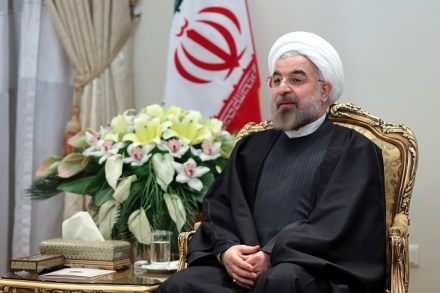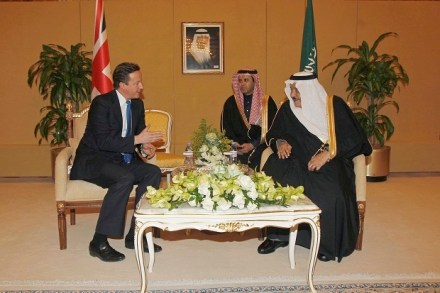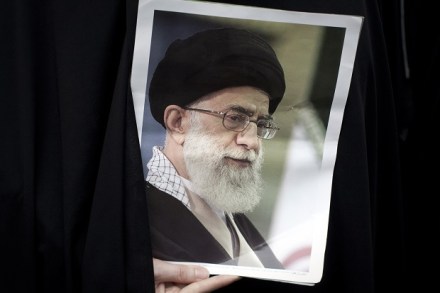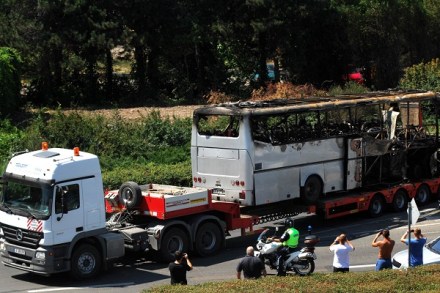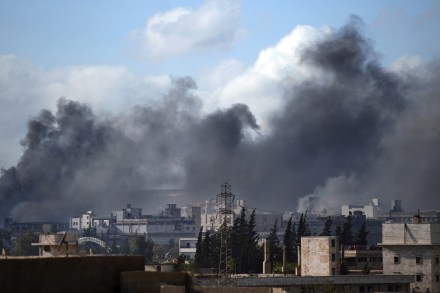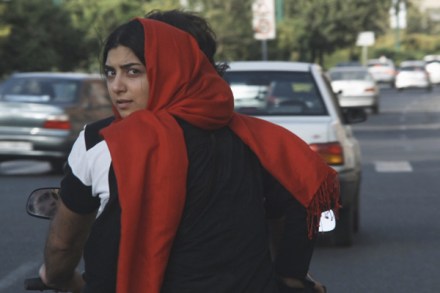The Navigators
Tehran does not welcome pedestrians. It is eight o’clock on a July evening and the sun has plunged out of the air with alarming speed; the sky is the colour of wine, and the air is thick with the scent of heat and petrol. I have long forgotten where we are going. Dust-coloured buildings spill out to the horizon, many of them protected by barbed-wire gates. In this part of town it is so unusual for people to walk on the streets at night — I am told that only fools and prostitutes do so — that the pavements are unlit, and we rely on the rippling glow of the



